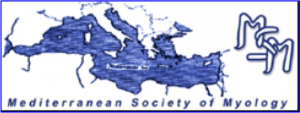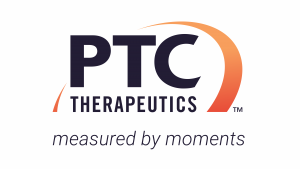In muscle diseases different molecular mechanisms are responsible, by distinct cellular pathways, of muscle fibers contraction insufficiency and exercise intolerance. Depending on that, exercise therapy is a promising avenue to efficaciously counteract the loss of muscle fiber function or also the secondary effects due to the sedentary lifestyle as a consequence of the motor impairment. It has been debated whether or not muscle exercise is beneficial or harmful for patients with myopathic disorders, especially in some conditions as eccentric or maximal exercise. Several reports now suggest that supervised aerobic exercise training is safe and may be considered effective in improving oxidative capacity and muscle function in patients with various muscle disorders, including muscular dystrophies and metabolic myopathies, providing that it can be personalized and sized over the single patient capability. In doing that, advancement in outcomes measure recording and exercise delivery monitoring with comfortable investigation methods to assess muscle function and structure can be useful to detect the beneficial effects of a supervised motor training. Based on these considerations, but also especially considering the emerging new therapies in the field of neuromuscular disorders, exercise training can be included as part of the rehabilitation program for patients with a muscle disease, assumed it should be strictly supervised for its effects and to prevent involuntary muscle damage.






